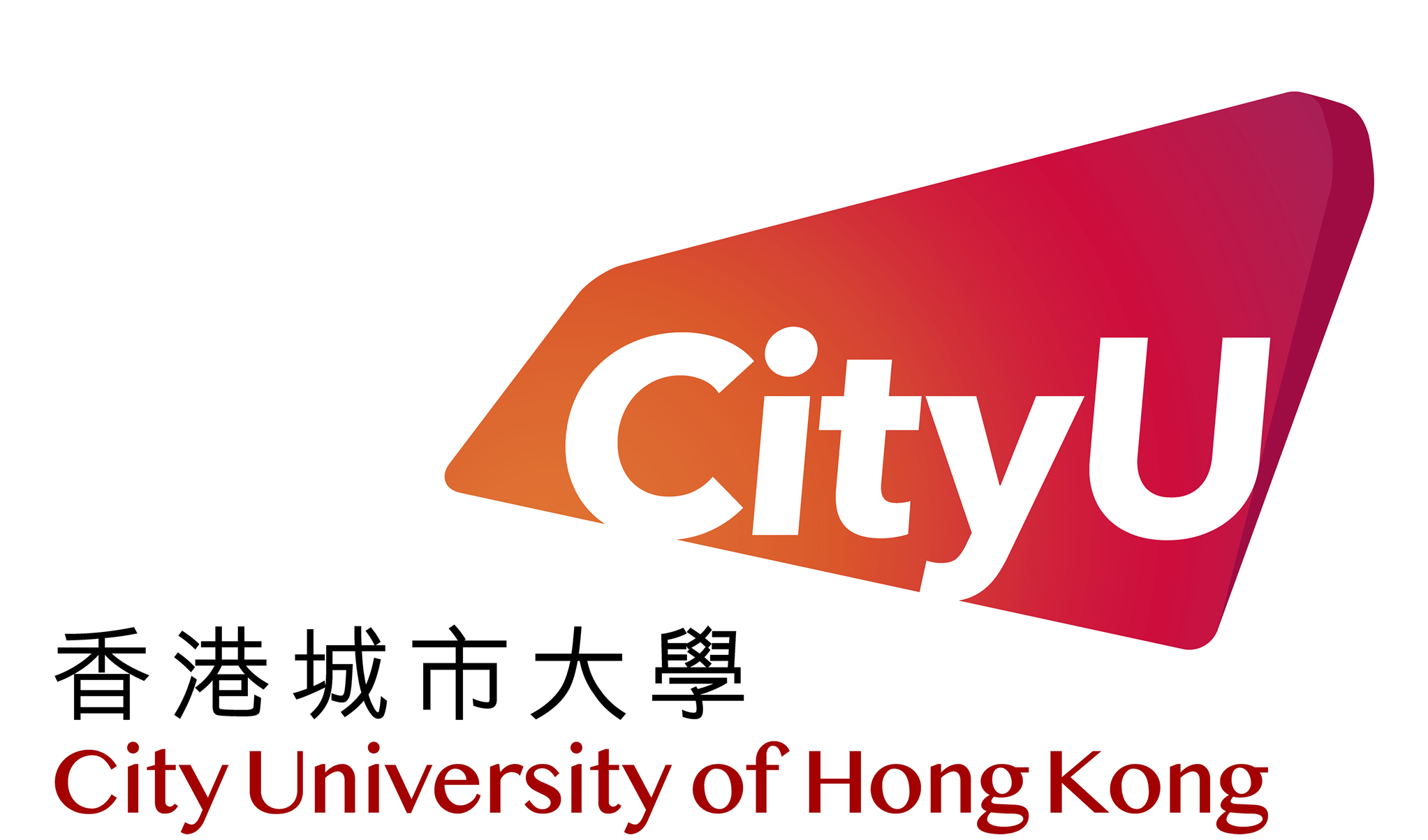乔治·帕里西教授
香港城市大学香港高等研究院资深院士
罗马大学教授
美国国家工程院院士
欧洲科学院院士
诺贝尔物理学奖 (2021)

联络资料
| 电邮: | giorgio.parisi@uniroma1.it |
|---|---|
| 网址: | 个人网页 |
Giorgio Parisi was born in Rome August 4, 1948, he completed his studies at the University of Rome and he graduated in physics in 1970 under the direction of Nicola Cabibbo.
He carried out his research at the National Laboratories of Frascati, first as a fellow of the CNR (1971-1973) and later as a researcher of the INFN (1973-1981). During this period he made long stays abroad: Columbia University, New York (1973-1974), Institut des Hautes Etudes Scientifiques, Bures-sur-Yvettes (1976-1977), Ecole Normale Superieure, Paris (1977-1978).
He was nominated full professor at the University of Rome in February 1981; from 1981 to 1992 he was professor of Theoretical Physics at the University of Rome Tor Vergata. Since 1992 he was Professor of Theoretical Physics at University of Rome La Sapienza where he teached Statistical Mechanics and Critical Phenomena, and Probability. At the present moment, he is emeritus professor of La Sapienza.
He wrote more nearly one thousand articles and contributions to scientific conferences; he has also authored four books. In his scientific career, he worked mainly in theoretical physics, addressing topics as diverse as particle physics, statistical mechanics, fluid dynamics, condensed matter, the constructions of scientific computers, optimization theory. He also wrote some papers on neural networks, immune system and the movement of groups of animals.
His works are extremely well known.
In 1992 he was awarded the Boltzmann Medal (awarded every three years by I.U.P.A.P. on Thermodynamics and Statistical Mechanics) for his contributions to theory of disordered systems, the Max Planck Medal in 2011, from the German Physical Society, the Wolf Prize in 2021 and the Nobel Prize in 2021.
He also received, the Dirac Medal for theoretical physics in 1999, the Enrico Fermi Award in 2003, the Dannie Heineman Prize of the APS in 2005, the Nonino Prize in 2005, the Galileo Prize in 2006, the Microsoft Prize in 2007, the Lagrange Prize in 2009, the Vittorio De Sica Prize in 2011, the Nature Award for Mentoring in Science in 2013 and the 2015 High Energy and Particle Physics Prize by the EPS HEPP Board 2015, the Lars Onsager Prize of the APS in 2016 and the Pomeranchuk Prize in 2018, the Wolf Prize and the Nobel prize in 2021.
He is a member of the Accademia dei Lincei, the Accademia dei Quaranta, the Académie des Sciences, the U.S. National Academy of Sciences, the European Academy, the Academia Europea, the American Philosophical Society and of the Academia Pontaniana.
From 2018 to 2021 he has been president of the Accademia dei Lincei.
He carried out his research at the National Laboratories of Frascati, first as a fellow of the CNR (1971-1973) and later as a researcher of the INFN (1973-1981). During this period he made long stays abroad: Columbia University, New York (1973-1974), Institut des Hautes Etudes Scientifiques, Bures-sur-Yvettes (1976-1977), Ecole Normale Superieure, Paris (1977-1978).
He was nominated full professor at the University of Rome in February 1981; from 1981 to 1992 he was professor of Theoretical Physics at the University of Rome Tor Vergata. Since 1992 he was Professor of Theoretical Physics at University of Rome La Sapienza where he teached Statistical Mechanics and Critical Phenomena, and Probability. At the present moment, he is emeritus professor of La Sapienza.
He wrote more nearly one thousand articles and contributions to scientific conferences; he has also authored four books. In his scientific career, he worked mainly in theoretical physics, addressing topics as diverse as particle physics, statistical mechanics, fluid dynamics, condensed matter, the constructions of scientific computers, optimization theory. He also wrote some papers on neural networks, immune system and the movement of groups of animals.
His works are extremely well known.
In 1992 he was awarded the Boltzmann Medal (awarded every three years by I.U.P.A.P. on Thermodynamics and Statistical Mechanics) for his contributions to theory of disordered systems, the Max Planck Medal in 2011, from the German Physical Society, the Wolf Prize in 2021 and the Nobel Prize in 2021.
He also received, the Dirac Medal for theoretical physics in 1999, the Enrico Fermi Award in 2003, the Dannie Heineman Prize of the APS in 2005, the Nonino Prize in 2005, the Galileo Prize in 2006, the Microsoft Prize in 2007, the Lagrange Prize in 2009, the Vittorio De Sica Prize in 2011, the Nature Award for Mentoring in Science in 2013 and the 2015 High Energy and Particle Physics Prize by the EPS HEPP Board 2015, the Lars Onsager Prize of the APS in 2016 and the Pomeranchuk Prize in 2018, the Wolf Prize and the Nobel prize in 2021.
He is a member of the Accademia dei Lincei, the Accademia dei Quaranta, the Académie des Sciences, the U.S. National Academy of Sciences, the European Academy, the Academia Europea, the American Philosophical Society and of the Academia Pontaniana.
From 2018 to 2021 he has been president of the Accademia dei Lincei.



